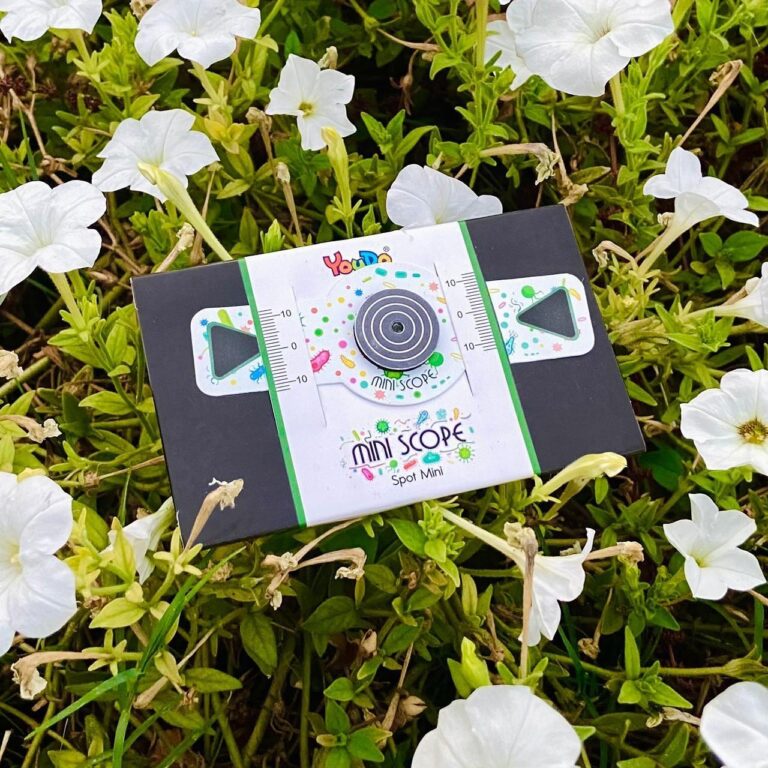Experiential Learning
Tell me, and I will forget. Show me, and I may remember. Involve me, and I will understand. – Confucius circa 450 BC
David Kolb’s Experiential Learning Theory (ELT) provides a holistic model of the learning process which is consistent with what we know about how people learn, grow, and develop. The theory is called “Experiential Learning” to emphasize the central role that experience plays in the learning process, an emphasis that distinguishes ELT from other learning theories.
The theory comprises of four distinct areas: ‐
- Concrete Experience ‐ (You come across a new experience of any situation, or an existing experience is reinterpreted).
- Reflective Observation (of the newly experienced situation. Here any kinds of inconsistencies between experience and understanding of the situation assume importance.)
- Abstract Conceptualization (The Reflective observation mentioned in stage two invariably gives rise to a new idea, or a modification of an existing concept which could still be abstract).
- Active Experimentation (the learners applies the newly learned knowledge the world around them to see what results)

Let’s discuss it in more detail. Knowledge is continuously gained through personal and environmental experiences. In order to gain genuine knowledge from an experience the learner must:
- Be willing to be actively involved in the experience;
- Be able to reflect on the experience;
- Possess and use analytical skills to conceptualize the experience; and
- Be able to apply new ideas gained from the experience.
As educationists we are engaged in helpful practical activities related to students. Kolb refers to this as the “Concrete Experience” that begins the cycle of experiential learning. During or after a concrete experience we often reflect on what we did, what went well and what did not go well. This is known as reflective observation in Kolb’s models and highlights the importance of “Reflecting” in and on action in order to learn from experience. This reflection on experience often results in new ideas or conceptualisations that shape our learning about practice and help us in becoming “Active learners”. Through what Kolb’s called “Abstract conceptualization”, we generate new understandings about ourselves and our practices that inform the way we work. We then experiment by trying out these new ideas or conceptualisations as part of the learning process. Through what Kolb called “Active experimentation”, we test out the implications and validity of our new understandings of the real world and come to integrate new approaches into our practice repertoire.
This cyclical process of experiential learning is often repeated in order to see what happens as a result of our adaptations. This enables users to think about experience, reflect further, draw new conclusions and perhaps decide to adapt one’s methodology once again.
We need to go in for a sea change in designing teaching methods that make use of the concept of experiential learning which will help to develop and transfer specific skills that serve both the purposes of knowledge development and dissemination, while at the same time preparing students for work in a knowledge‐based society.




